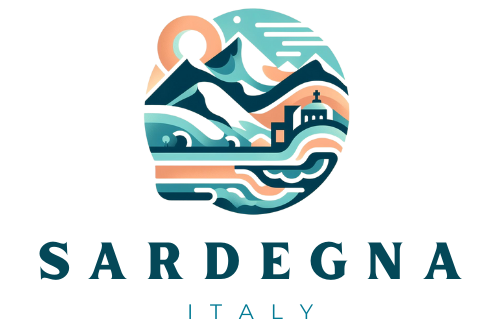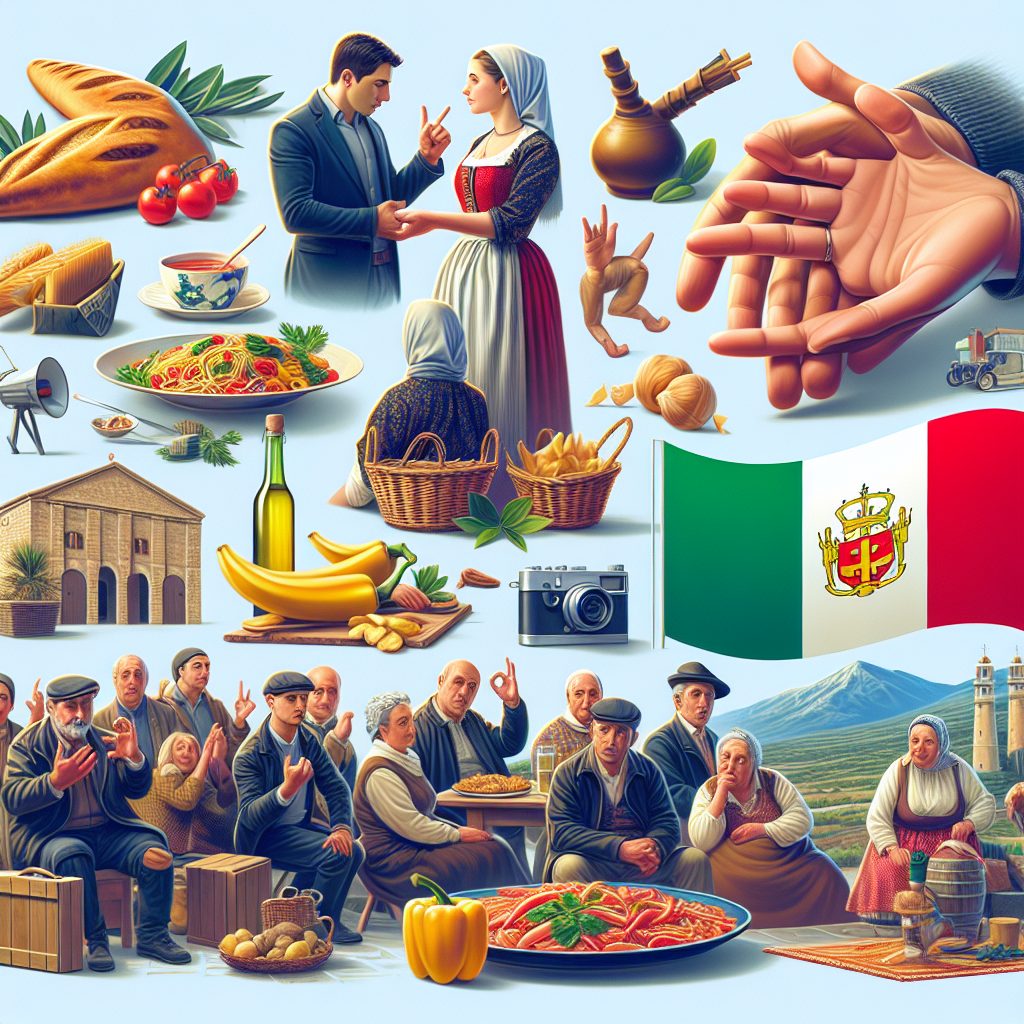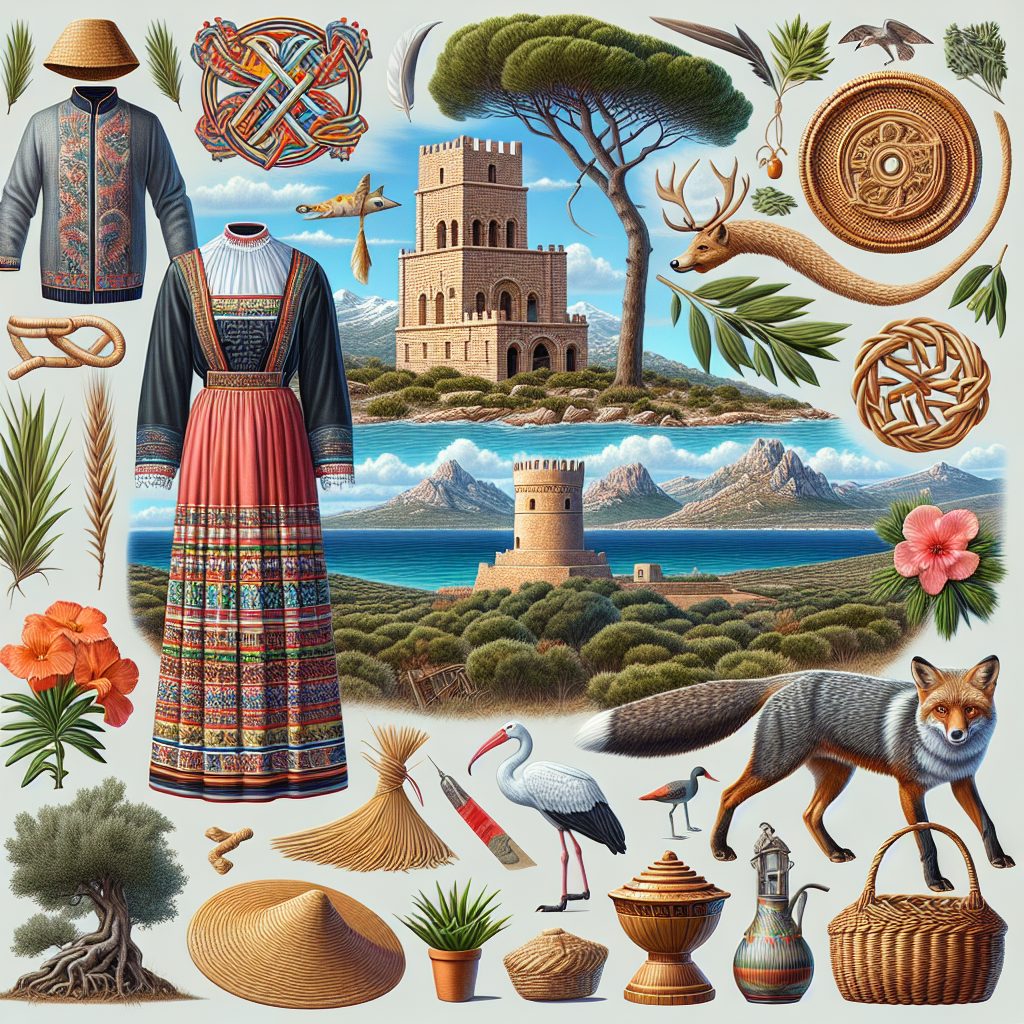Sardinian language literature refers to the body of written work produced in the Sardinian language, a Romance language spoken primarily on the Italian island of Sardinia. With its roots dating back thousands of years, Sardinian is considered one of the oldest Romance languages in Europe. This linguistic richness is reflected in its literature, which showcases a unique blend of cultural influences and traditions, making it a fascinating area of study for linguists, historians, and literature enthusiasts alike.
One of the key impacts of Sardinian language literature is its ability to preserve and celebrate the island’s rich cultural heritage. Through the centuries, Sardinian writers have used their language as a tool to convey historical events, traditions, and beliefs, keeping them alive for future generations. This literary tradition has played a crucial role in shaping Sardinian identity and fostering a sense of pride among its speakers. Moreover, Sardinian language literature provides insights into the island’s diverse cultural landscape, with works that explore regional dialects, folklore, and customs, offering a glimpse into the local way of life.
In the forthcoming sections, we will delve deeper into the key takeaways from Sardinian language literature. We will explore the impact of this literature on Sardinian cultural identity, its portrayal of historical events and traditions, and its contribution to the preservation of the island’s linguistic heritage. By examining notable works and highlighting significant aspects, we aim to shed light on the importance of Sardinian language literature as a testament to the island’s rich cultural tapestry. So, let us embark on this literary journey and discover the hidden gems of Sardinian literature.
Key Takeaways
1. Sardinian language literature is a rich and diverse body of work that has flourished over centuries, portraying the culture, history, and identity of Sardinia through various literary genres.
2. Sardinian literature faced challenges throughout history, including restrictions imposed by political powers and marginalization due to the dominance of Italian. Nonetheless, it has managed to persevere and emerge as an essential part of Sardinian cultural heritage.
3. The foundation of modern Sardinian literature can be attributed largely to Grazia Deledda, the first Sardinian author to win the Nobel Prize in Literature in 1926. Her works shed light on the lives of ordinary Sardinians and their struggles.
4. Contemporary Sardinian literature showcases a variety of themes, reflecting the island’s complexities and social changes. Writers like Sergio Atzeni and Giorgio Todde explore topics such as immigration, globalization, and the impact of modernity on Sardinian society.
5. Sardinian language literature plays a crucial role in preserving and enhancing the Sardinian identity, giving a voice to the island’s people and their unique experiences, while also fostering a sense of pride and cultural continuity.
What is the Significance of Sardinian Language Literature?
About Sardinian Language
The Sardinian language, also known as Sardu, is a Romance language spoken primarily on the Italian island of Sardinia. With its rich history and distinct cultural identity, Sardinian literature has played a pivotal role in preserving the language and promoting its unique literary heritage.
The Origins of Sardinian Language Literature
Sardinian language literature dates back to the middle ages when the island experienced significant political and cultural changes. It emerged through a mix of oral traditions, poetry, and prose, influenced by various civilizations that inhabited the island over the centuries.
Characteristics of Sardinian Language Literature
Sardinian language literature is celebrated for its authenticity, vibrant imagery, and strong ties to local traditions and culture. It often reflects the island’s rural lifestyle, struggles, and the enchanting beauty of its landscape.
Genres in Sardinian Language Literature
Sardinian language literature encompasses a diverse range of genres, including:
- Traditional Poetry: Sardinian poets have been composing traditional poetry since medieval times, exploring themes of love, nature, and the island’s unique folklore.
- Novels and Prose: Sardinian authors have contributed significant works to the world of novels and prose, delving into social, historical, and cultural aspects of the island.
- Theater: Sardinian language theater combines historical and contemporary elements to depict the island’s traditions, societal issues, and moral dilemmas.
Prominent Sardinian Language Authors
Several notable authors have emerged from Sardinian language literature, leaving their mark on both regional and international literary scenes. Some renowned figures include:
- Sebastiano Satta: Known for his poetic works, Satta explored themes of social justice, history, and Sardinian identity.
- Grazia Deledda: The winner of the Nobel Prize in Literature in 1926, Deledda’s novels often depicted the lives of Sardinian women and the island’s distinct culture.
- Salvatore Satta: A prominent novelist, Satta’s works examined themes of justice, power, and the impact of historical events on the island.
The Preservation and Promotion of Sardinian Language Literature
Efforts to preserve and promote Sardinian language literature have been crucial in ensuring its longevity and relevance. Various initiatives include:
- Translation: Translating significant works of Sardinian literature into other languages allows for a wider readership and greater recognition.
- Education: Integrating Sardinian language literature into school curricula and language programs supports its inclusion in the educational system.
- Literary Festivals and Events: Organizing literary festivals and events dedicated to Sardinian language literature brings together authors, readers, and scholars to celebrate and discuss its significance.
- Digital Platforms: Creating online platforms and digital libraries provides easy access to Sardinian language literature for a global audience.
7 Tips to Explore the World of Sardinian Language Literature
- Read Translated Works: Begin your journey by exploring translations of Sardinian language literature to gain insight into its unique themes and writing styles.
- Discover Local Bookstores: Visit local bookstores in Sardinia or specialized online stores that offer a vast collection of books written in Sardinian.
- Attend Literary Events: Participate in literary events, such as book readings and author talks, where you can engage with Sardinian language literature enthusiasts.
- Explore Folklore and Traditions: Immerse yourself in the island’s rich folklore and traditions to better understand the cultural context in which Sardinian language literature thrives.
- Join Literary Workshops: Join writing workshops or discussion groups focused on Sardinian language literature to connect with fellow enthusiasts and authors.
- Support Local Authors: Show your support by purchasing books written by Sardinian authors and sharing their works with others.
- Contribute to Digital Archives: If you have knowledge of the Sardinian language, consider contributing translations or interpretations to digital archives dedicated to preserving Sardinian language literature.
Frequently Asked Questions
1. What is Sardinian language literature?
Sardinian language literature refers to works written in the Sardinian language, which is spoken on the Italian island of Sardinia. It encompasses various genres including novels, poetry, essays, and plays.
2. Is Sardinian language literature widely recognized?
While Sardinian language literature may not enjoy the same level of international recognition as major world languages, it holds great significance within the Sardinian community and has gained appreciation and attention in recent years from scholars and literary enthusiasts.
3. Can I find translations of Sardinian literature?
Translations of Sardinian literature are not as common as translations of more widely spoken languages, but there are efforts underway to make Sardinian works more accessible to non-Sardinian speakers. Some notable works have been translated into Italian and other languages.
4. What themes are explored in Sardinian language literature?
Sardinian language literature touches upon a wide range of themes, including local traditions, cultural identity, rural life, history, social issues, love, and human experiences. It offers insights into the unique Sardinian culture and its rich heritage.
5. Are there any famous Sardinian language writers?
Yes, there are several well-known Sardinian language writers. Examples include Grazia Deledda, who was awarded the Nobel Prize in Literature in 1926, and Salvatore Sini, known for his poetry and contributions to Sardinian literature in the 20th century.
6. Can I learn Sardinian through its literature?
While learning a language solely through literature can be challenging, reading Sardinian language literature can certainly help in familiarizing oneself with the language’s vocabulary, grammar, and sentence structure, making it a valuable resource for language learners.
7. Is Sardinian language literature still evolving?
Yes, Sardinian language literature continues to evolve and flourish. Contemporary Sardinian authors are actively contributing to the literary scene with new works that reflect modern Sardinian society and address current topics and issues.
8. How can I access Sardinian language literature?
Accessing Sardinian language literature may require some effort, especially if you don’t live in Sardinia. However, there are online platforms, bookstores, and libraries dedicated to Sardinian culture and literature that offer a selection of Sardinian language works.
9. What is the historical background of Sardinian language literature?
Sardinian language literature has roots dating back to ancient times and has been influenced by various conquerors and cultural exchanges throughout history, including the Phoenicians, Romans, Byzantines, and Spanish. Its unique blending of influences gives it a distinct character.
10. Can I contribute to the preservation of Sardinian language literature?
Absolutely! Supporting Sardinian language literature can be as simple as reading and promoting Sardinian works, purchasing books, attending literary events, and encouraging translations. Your interest and engagement will contribute to the preservation and growth of this literary tradition.
Final Thoughts
Sardinian language literature encapsulates the heart and soul of a vibrant and unique culture. Its literature not only offers a beautiful insight into the Sardinian way of life but also serves as a powerful tool for preserving an ancient linguistic heritage. Exploring Sardinian language literature opens doors to a world of captivating narratives, poetic depth, and a sense of belonging to a language community that has thrived throughout history.
As Sardinian language literature continues to evolve and gain recognition, it is crucial to appreciate and support this rich literary tradition. By embracing Sardinian texts, we honor the diversity of human expression and contribute to the preservation of an invaluable cultural treasure for future generations.






